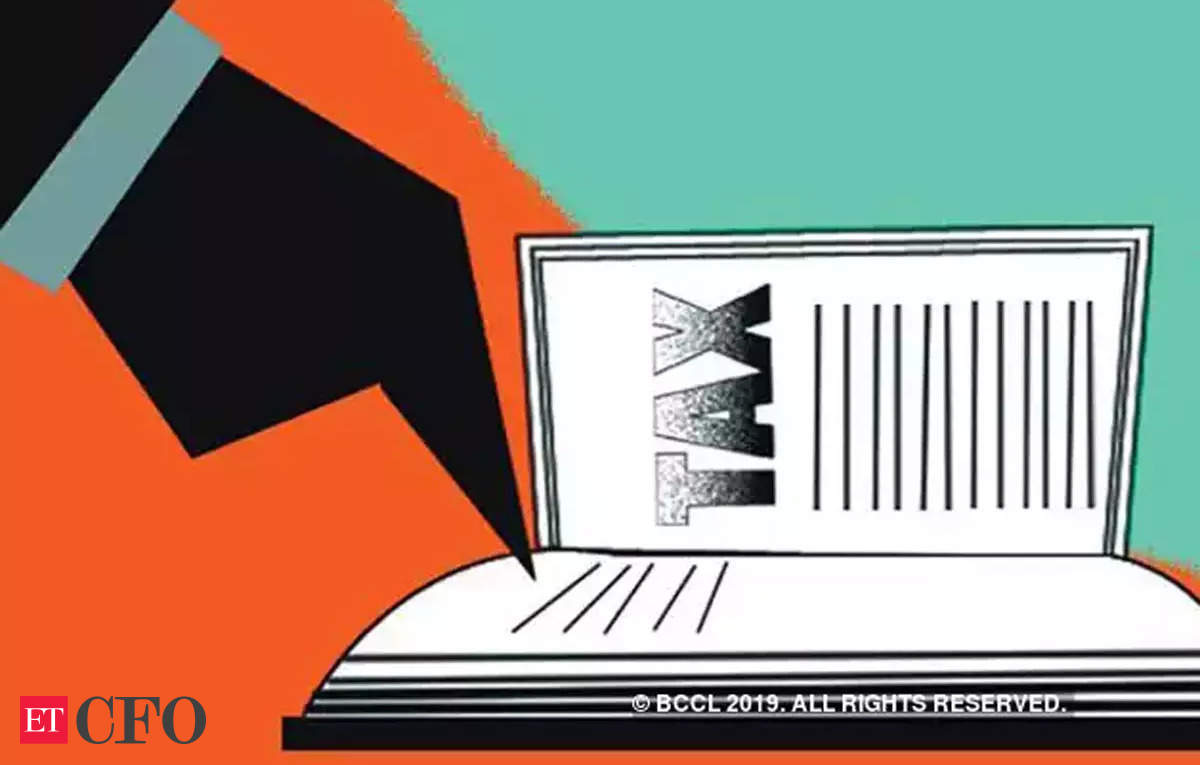A supplier of goods or services can issue a credit note to the buyer in several instances. Typically this happens if the supplier has made mistakes in the original invoice, such as declaring a value higher than the value of goods or services actually provided or has mentioned an incorrect higher GST rate. A credit note is also issued when goods are returned by the buyer.
Expert explains, “There exists a possibility that the recipient (buyer) could have taken input tax credit (ITC) based on the original invoice and subsequently, the supplier issues a credit note and claims adjustment (refund). The Budget proposes that it is now necessary for the supplier to ensure that the recipient reverses ITC before such adjustment is claimed.”
The amendment appears to have been introduced to prevent revenue leakage. It will prevent scenarios where the supplier claims a reduction in its GST liability, owing to the credit note, but the buyer continues to avail of the corresponding ITC. This results in a double tax benefit with an adverse impact on GST collection.
Jain points out that proposed amendment is based on recommendations of the GST Council. As it places an additional burden on suppliers, there exists a possibility that the amendment may be challenged in courts on the premise that suppliers will have to bear consequences of the recipient’s non-compliance, despite having no control over the recipient’s actions.
Example: Issuance of a Credit Note & Impact Under GST Amendment
|
Particulars |
Original Invoice (Before Credit Note) |
Credit Note Issued (Correction) |
Final Invoice (After Credit Note) |
|
Value of Goods (₹) |
1,00,000 |
(–) 10,000 |
90,000 |
|
GST @18% (₹) |
18,000 |
(–) 1,800 |
16,200 |
|
Total Invoice Value (₹) |
1,18,000 |
(–) 11,800 |
1,06,200 |
|
ITC Claimed by Buyer (XYZ Ltd.) (₹) |
18,000 |
Must Reverse (1,800) |
16,200 |
Impact of Proposed GST Amendment
|
Before Amendment |
After Amendment |
|
The supplier (ABC Ltd.) could reduce its GST liability by ₹1,800 by issuing the credit note, regardless of the buyer’s action. |
The supplier (ABC Ltd.) must ensure that the buyer (XYZ Ltd.) reverses ITC of ₹1,800 before claiming the GST liability adjustment. |
|
No responsibility on the supplier to verify ITC reversal. |
Supplier bears compliance burden and may suffer loss if the buyer does not reverse ITC. |
Key Takeaways
✅ Purpose of the Amendment: Prevent revenue leakage by ensuring that ITC claims and GST reductions are properly matched.
✅ Risk for Suppliers: If the buyer does not reverse ITC, the supplier cannot claim the GST adjustment, leading to potential financial burden.
✅ Possible Legal Challenges: Suppliers may contest the amendment as they have no control over the buyer’s compliance.
Visit www.cagurujiclasses.com for practical courses









